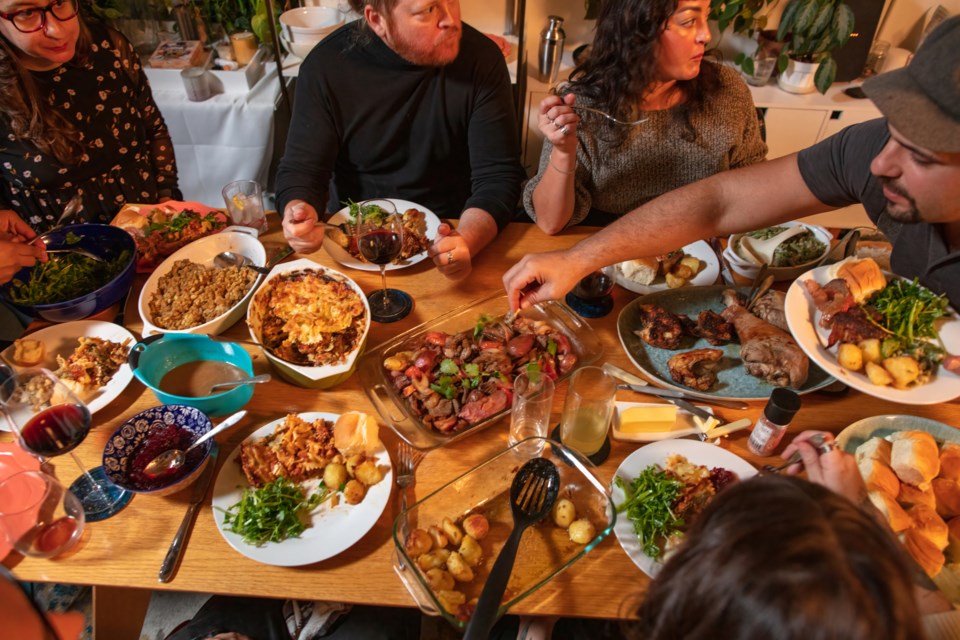We are all feeling it, whether it be at the pump, buying groceries, the sticker shock of a family night out or increasing mortgage payments. The pressure cooker of higher living expenses is giving many of us pause.
A return to the sharing economy is an earth-centred response that can relieve some measure of the money bleed.
Communal assets are already commonplace. From playgrounds to libraries and even community cider presses, we are familiar with sharing ownership and maintenance costs for many things we use. Larger city hubs are birthing new sharing networks supported by substantial population bases that only need a fraction of folks to buy in for them to be sustainable.
Tool lending libraries, acting much like book libraries, are the norm in many towns along with car-sharing and home-sharing platforms of varied types. Rental companies for events and formal wear are expanding into full party packages for kids and clothing rental for children as they are growth spurting through their elementary school years.
Less official sharing networks are taking root in these times as well, partly fuelled by economic pressures and, perhaps less directly, by the desire to walk more gently on mother earth. Clothing swaps, garden harvest trading and fall canning exchanges are a delightful way to engage within the community. Hosting a potluck party rather than eating out might be another economical way to experience abundance while pinching pennies.
No doubt there are ever-expanding ways we could all be sharing. It all starts with relationship building. Isolation fuels a spirit of distrust where abundance is held more fiercely under lock and key than perhaps necessary.
Once the gate of the friendship is opened between neighbours and community members, we rub shoulders when our coffers are suddenly overflowing. Not everyone needs one of everything and the more we put this understanding into practice, the richer we become.
Camping gear, fishing boats, pruning ladders and carpentry tools are often used only sporadically. Might they see more use, and in that sense, appreciation, through becoming shared assets between friends and family?
The hesitation for many are the challenges arising from such acts of generosity. Items get permanently borrowed, abused or even broken, affecting friendships, causing headaches and costing the lender. How can we share better?
Official sharing networks in the form of cooperatives take time and leadership to establish. Once set in place, however, they can be the solution to some of the challenges of loans between friends and neighbours. Local assets such as Powell River Climbing Cooperative, Skookum Food Provisioners’ Cooperative, the Coastline Colab’s coworking spaces, and Fibre Space’s weekly fashion creation drop-in, create a more expansive and formalized capacity for the community to share knowledge and resources.
qathet Regional District’s zero waste sorting bins for recycling and composting are also available through Let’s Talk Trash for events big or small. A set of washable dishes, cutlery and mugs for community events are ready to borrow through the team as well, and the trailer dishwasher is soon to be back in action and ready to loan out, so stay tuned.
Sharing truly is a way to care for each other and minimize what we ask of the earth.
Let’s Talk Trash is contracted by qathet Regional District to deliver its waste reduction education program. For more information, email [email protected] or go to LetsTalkTrash.ca.
Join the Peak's email list for the top headline right in your inbox Monday to Friday: prpeak.com/account/mailinglist.



